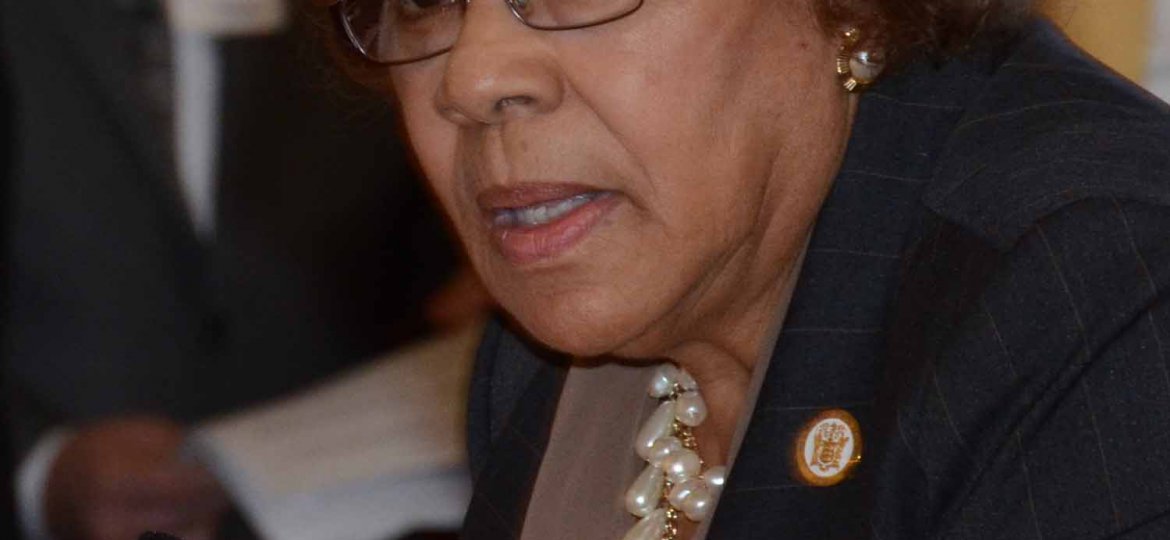
TRENTON – Today, legislation sponsored by Senator Shirley K. Turner extending the urban enterprise zone designation in 37 municipalities in the state was approved by the Senate Economic Growth Committee.
The New Jersey Urban Enterprise Zone Program provides incentives to encourage businesses to locate to urban enterprise zones (UEZs) and create private sector jobs by providing public and private investments to create an economic climate that will revitalize those communities.
“The UEZ has been an important tool for distressed cities to encourage business growth, stimulate local economies, and create jobs within the community,” said Senator Turner (D-Mercer/Hunterdon). “By extending the UEZ designation, we can provide an opportunity for disadvantaged communities to not only attract new companies that bring jobs for local residents, but also to keep existing businesses and to keep our residents working.”
The law, S-846, will extend the designation of all previously designated UEZs for a one-time period of 10 years. Currently, there are 27 zones in 32 municipalities designated based on factors including high unemployment, low investment in new capital, blighted conditions, obsolete or abandoned industrial or commercial structures, and deteriorating tax bases. The UEZ designations in the cities of Bridgeton, Camden, Newark, Plainfield, and Trenton expired as of January 1, 2017. This bill would reestablish their UEZ designations, as well as extend UEZ designations in all qualifying municipalities for a one-time period of ten years.
The program was enacted in 1983 as a way to revitalize urban communities and also authorize qualifying retail businesses in the UEZ program to charge and collect the State’s sales and use tax at one half of the normal rate. Qualifying businesses furthermore get other fiscal incentives and access to financing options from the EDA. In addition to stimulating businesses in distressed communities, the program provides local hiring opportunities by requiring businesses in UEZs to hire a percentage of full-time employees who live locally, are unemployed or receiving public assistance, or determined to be low-income. The program also provides funding for improvements in downtowns to help make the area attractive for economic development.
S-846 cleared the Senate Economic Growth Committee with a vote 3-2. The bill next goes to the Senate Budget and Appropriations Committee for further consideration.

